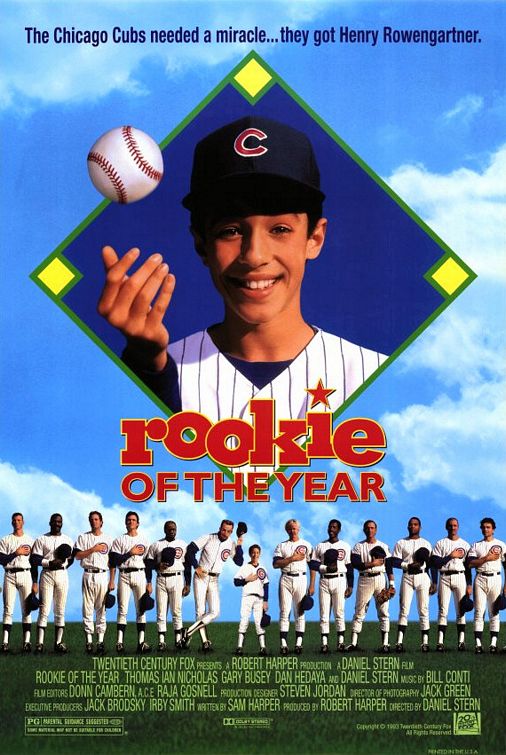Too Much Screen Time for Children Changes Their Brain According to New Research
By Tess Farrand, Staff Writer
On average, children are exposed to over 60,000 hours of media by the time they are 17-years-old. As the digital age cements itself into culture, researchers have been investigating the effects of media on brain development in children for decades. A new study which the news program 60 Minutes investigated is showing some startling findings.
The National Institutes of Health plans to spend $300 million to study 11,000 children between 9 and 10, for ten years to deduce what the effects of screen time are. Currently, researchers at 21 locations across the U.S. are finalizing interviews. As they investigatie the first-round of brain scans for children researchers are already unearthing some telling results MRI results for the first wave of participants. “The MRI’s found significant differences in the brains of some kids who use smartphones, tablets and video games more than seven hours a day.”
These “significant differences” show that there’s a premature thinning of the outer cortex of the brain. Dr. Gaya Dowling breaks this thinning down, “we don’t know yet if it’s a bad thing. It won’t be until we follow them over time that we will see if there are outcomes that are associated with the differences that we’re seeing in this single snapshot.” Dowling believes that this could be a matter of brain maturation, but only time will tell, “what we would expect to see happening later, is happening earlier.”
The digital age is reshaping our culture and the way we interact with media, creating a domino effect. Researchers are optimistic that the findings from the study will help to communicate if the children develop an addiction to screens, something Dr. Dimitri Christakis (Seattle Children’s Hospital) is already learning about in depth. Dr. Christakis studies children under two years old, to see how they interact with screens, and the impact it has on their development. He notes, “what we do know about babies playing with iPads is that they don’t transfer what they learn from the iPad to the real world, which is to say that if you give a child an app where they play with virtual Legos, virtual blocks and stack them, and then put real blocks in front of them, they start all over.”
With the exception of brief video chatting, Dr. Christakis findings compelled him to assert that screen time is not beneficial to toddlers and babies because they cannot compute the difference between screen and reality. Additionally, Dr. Christakis highlights that the “experience of making something happen, is so much more gratifying” for someone under two than a teenager.
Former Google manager, Tristan Harris, goes so far as to call this screen phenomenon a “war for attention.” Harris asserts that parents assume this type of interaction is just what children do in 2018 but follows up that this is a major misconception. According to Harris, contrary to times before, teams of sophisticated individuals are consistently changing digital features to make them more enticing to consumers, and it’s working. This idea is so prevalent in our culture that in recent months, an ad campaign highlighted the generational divide of screen interaction.
Anderson Cooper’s coverage of the study concludes with Jean Twenge, a professor of Psychology at the UC San Diego. After five years of study of what she calls the “iGen” generation, Twenge urges, “you have to use it for what it’s good for then put it down.” This sentiment is also echoed in the book The Culture-Wise Family by Movieguide® founder Dr. Ted Baehr.
While there are features that allow smartphone users to monitor their screen-time usage, many parents don’t realize those features are available or how to use them. As researchers gather more evidence of the negative impacts of screen time, we need to heed these findings and combat too much screen time with positive practices.
As the study continues to unfold in the future, keep checking back Movieguide® for the latest.
For more helpful insight into your children’s media exposure, read Movieguide® Founder, Dr. Ted Baehr’s books The Culture-Wise Family and The Media-Wise Family.
For related articles click here and here
Questions or comments? Please write to us here.


 - Content:
- Content: 
